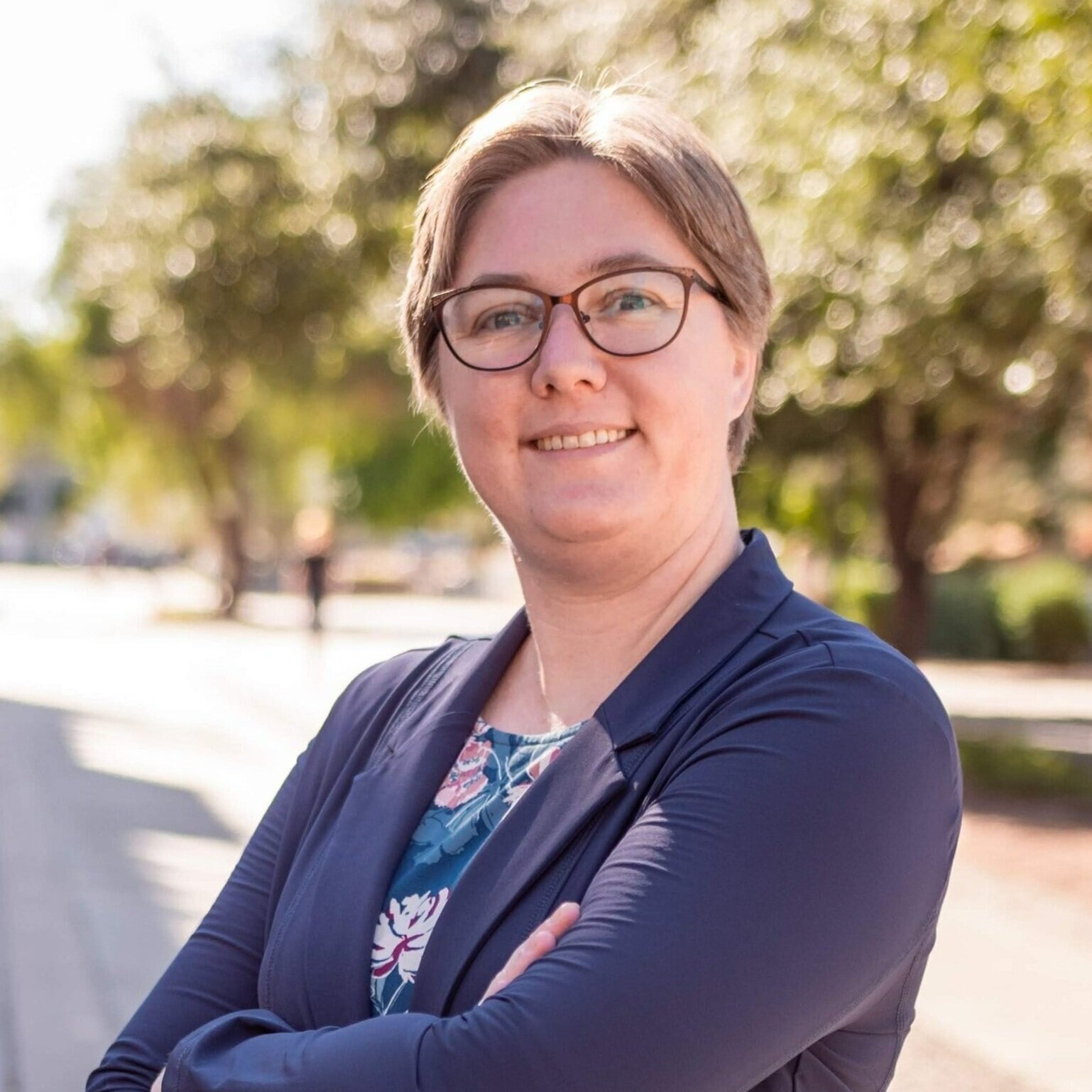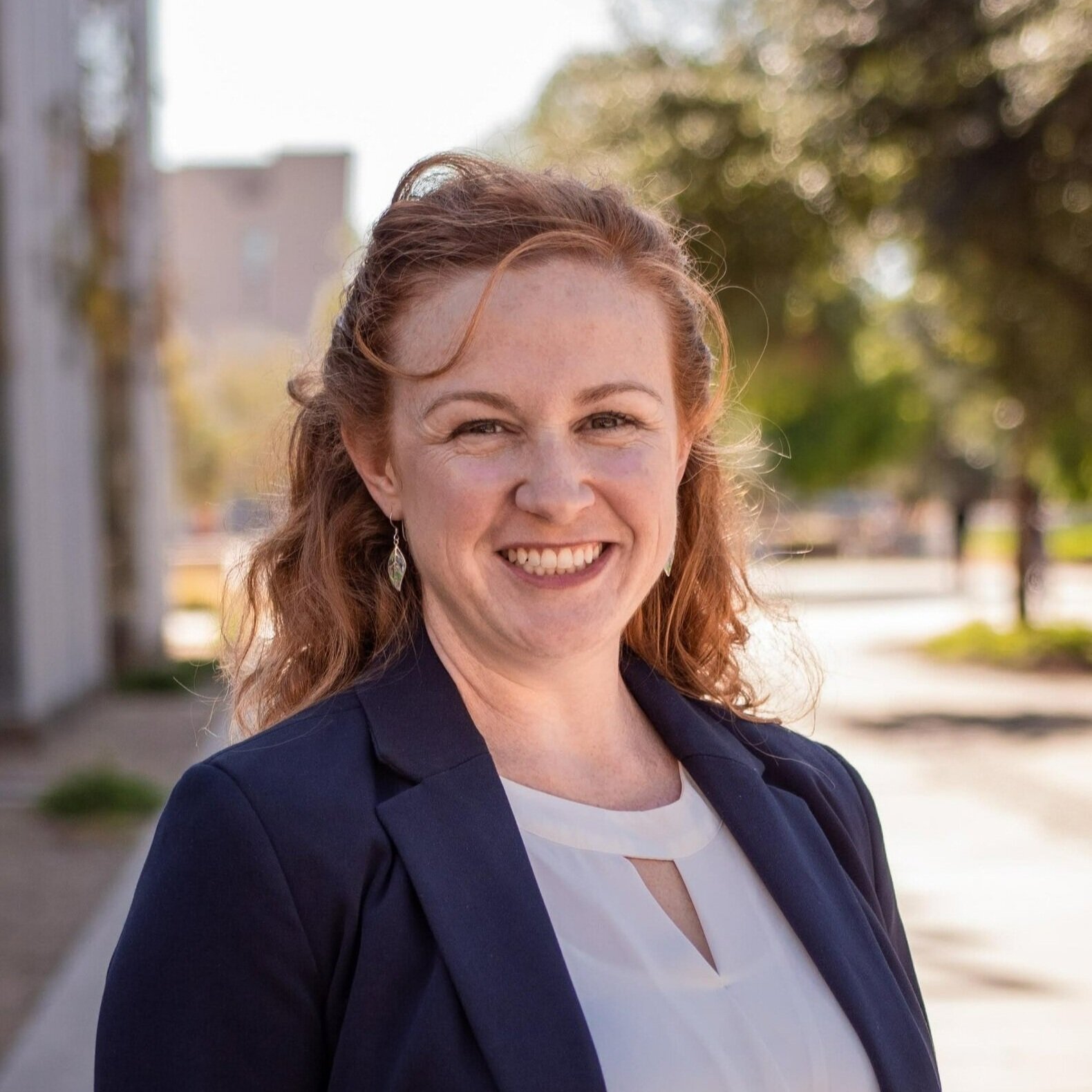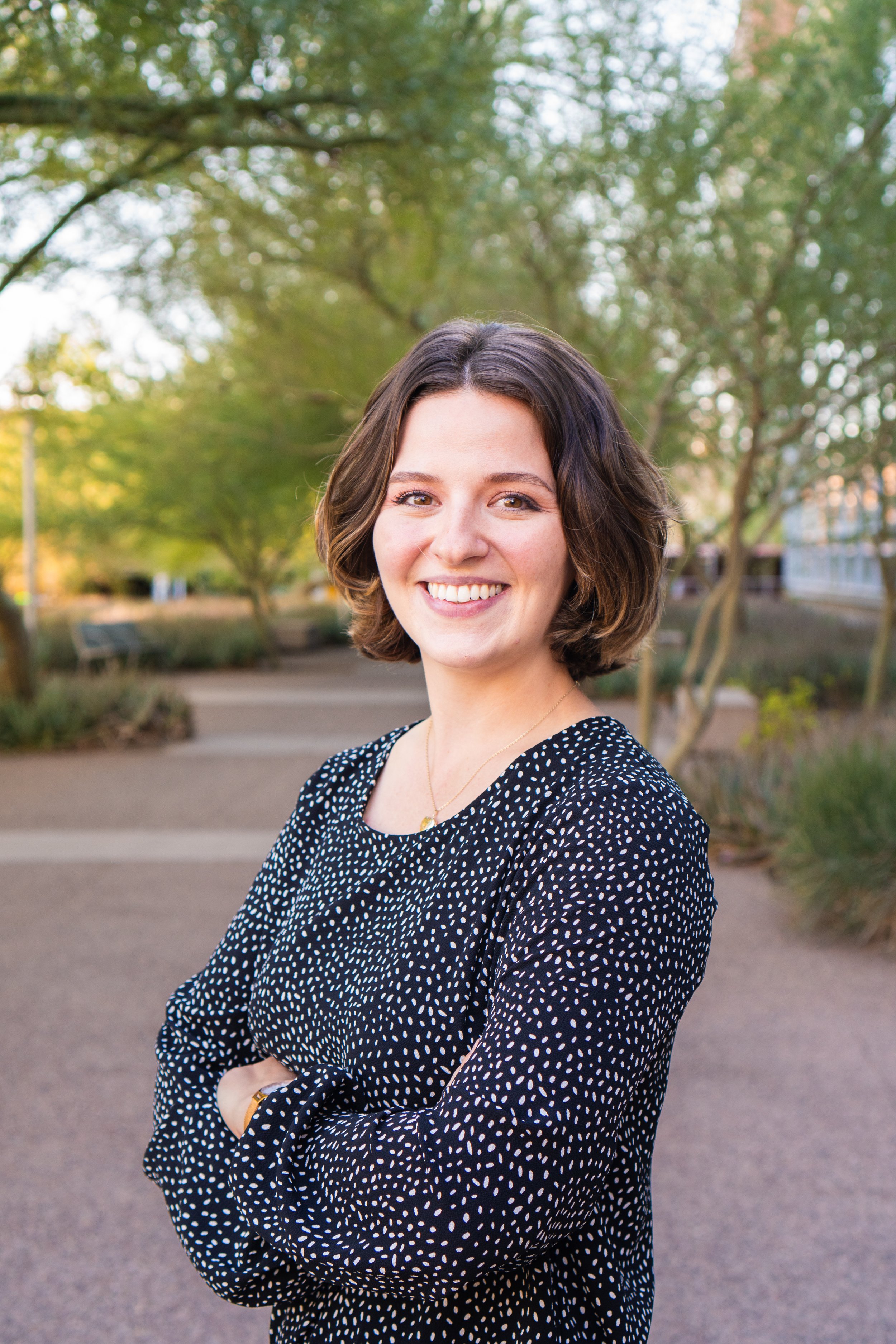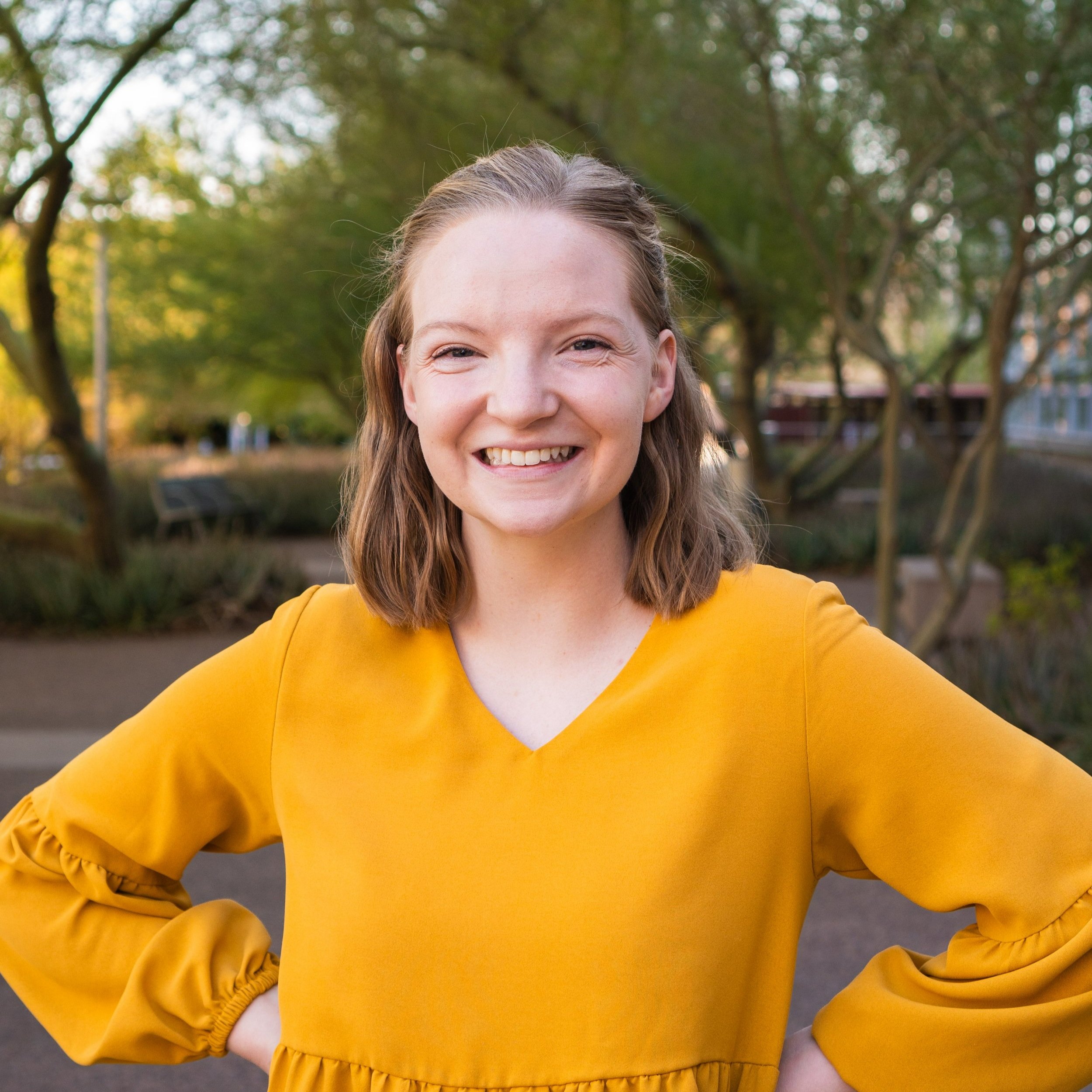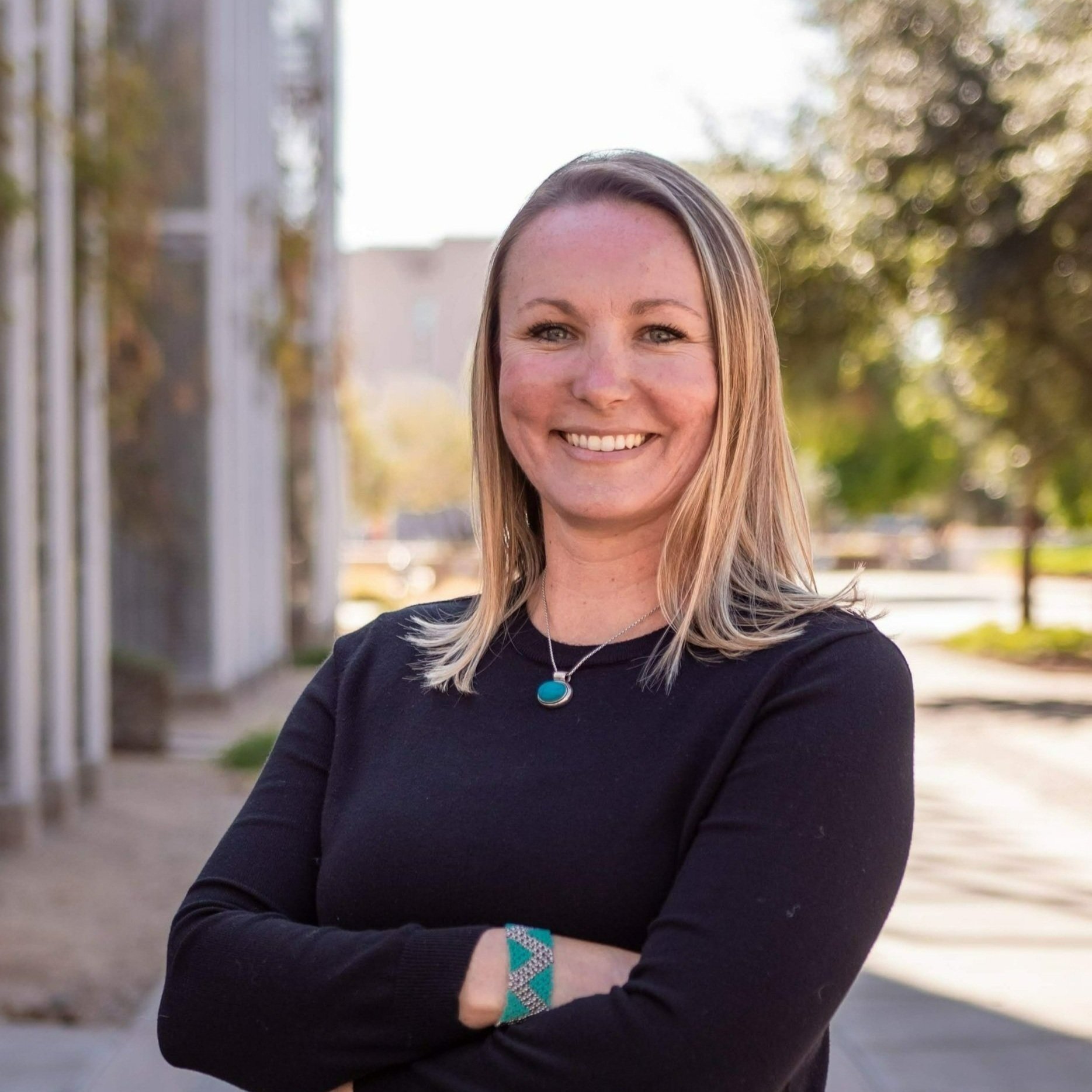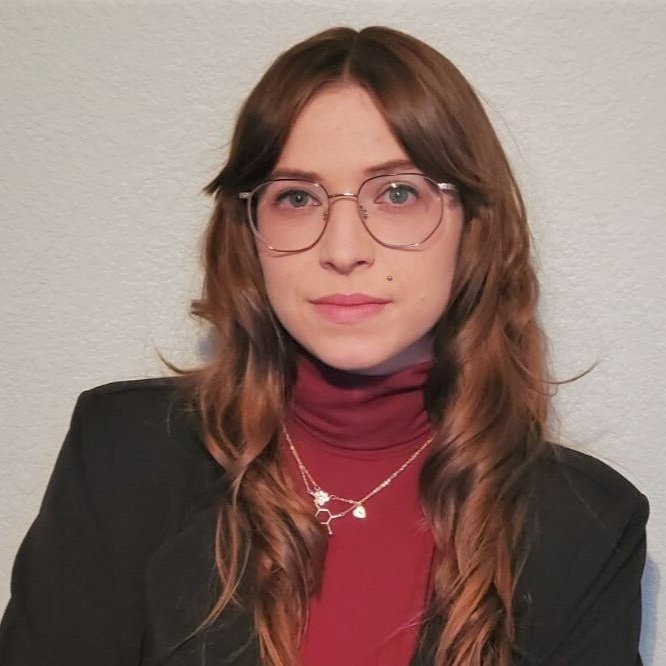Principal Investigators
Kathryn Lemery-Chalfant, Ph.D.
Director and Principal Investigator
Dr. Lemery-Chalfant has been a professor of psychology at Arizona State University for over 20 years. She obtained her bachelor’s degree from the University of Oregon’s Clark Honors College in 1994, and obtained her Ph.D. in psychology at the University of Wisconsin-Madison in 1999. Her research focuses on how genes and environments work together to influence child and adolescent development, and she has published over 100 scientific articles on this topic. Dr. Lemery-Chalfant launched the Arizona Twin Project in 2008 in order to understand how families can best support their children’s physical and social-emotional development. The Arizona Twin Project has since then expanded to the Southwest Twin Panel in 2024, to include families of twins from New Mexico into the study.
Leah Doane, Ph.D.
Principal Investigator
Leah Doane is a Professor and Chair of the Department of Psychology. She received her Bachelor’s Degree in Psychology from Cornell University, her M.A. and Ph.D. in Human Development and Social Policy from Northwestern University, and completed a postdoctoral appointment at the University of Chicago in Psychiatry and Behavioral Neuroscience. Using culturally- and genetically-informed designs, her program of research centers on links between health behaviors, physiological stress processes, and everyday stressful experiences in childhood, adolescence and young adulthood from a developmental psychopathology framework.
Further, much of her work focuses on these processes in Latinx youth and families, and during times of transition, such as the transition to college. Doane was a William T. Grant Foundation Scholar and has been funded by the National Institutes for Health (NICHD), the Army Research Institute for the Behavioral and Social Sciences (ARI), and the Centers for Disease Control and Prevention (CDC). She has served in several leadership positions in the Department of Psychology including Developmental Graduate Training Area Head, Director of Faculty Success, and Associate/Deputy Chair.
Mary Davis, Ph.D.
Principal Investigator
Dr. Davis is a clinical health psychologist and Professor of Psychology. She also is currently Associate Chair in the Department of Psychology and Research Council Chair of the Center for Mindfulness, Compassion, and Resilience at ASU. She received her Bachelor’s degree in Bacteriology from University of Idaho and her Masters and Ph.D. in Psychology (Clinical Emphasis) from the University of Pittsburgh. She then joined the faculty as ASU. Dr. Davis examines how social and emotional and social risk and resilience factors shape adaptation to stress. Her work includes developing and testing interventions designed to bolster resilience, such as mindfulness, in the face of ongoing challenges associated with chronic pain, trauma, and aging. She has expertise in physiological and self-report assessment of the dynamic relations among interpersonal stress and joy, emotions, and pain in daily life and in laboratory settings. Her current collaboration with Drs. Lemery-Chalfant and Doane is supported by the National Institutes of Health (NICHD) to examine the environmental and genetic contributions to chronic pain in middle-childhood.
Candace Lewis, Ph.D.
Co-investigator
Dr. Lewis is a neuroscientist who wants to revolutionize our understanding of health by exploring dynamic environmental and genetic influences on brain-behavior relationships. Candace grew up in Alaska and earned a Bachelor’s degree in Psychology from the University of Alaska Anchorage. Next, she earned a Ph.D. in Behavioral Neuroscience at Arizona State University on a Harry S. Truman Scholarship while investigating the effects of early life stress on addiction behavior and neuroepigenetics. Dr. Lewis received a Fulbright Fellowship to learn advanced neuroimaging and psychedelic research methods at the University Hospital of Zurich. She was also awarded the Science Foundation Arizona Bisgrove Fellowship to investigate the interplay between early experiences, epigenetics, physiology, and behavior. Taken together, her research centers around the age-old question of nature versus nurture with a modern twist. Dr. Lewis seeks to unravel how genetics and experiences continuously interact to shape neurobiology and behavior.








